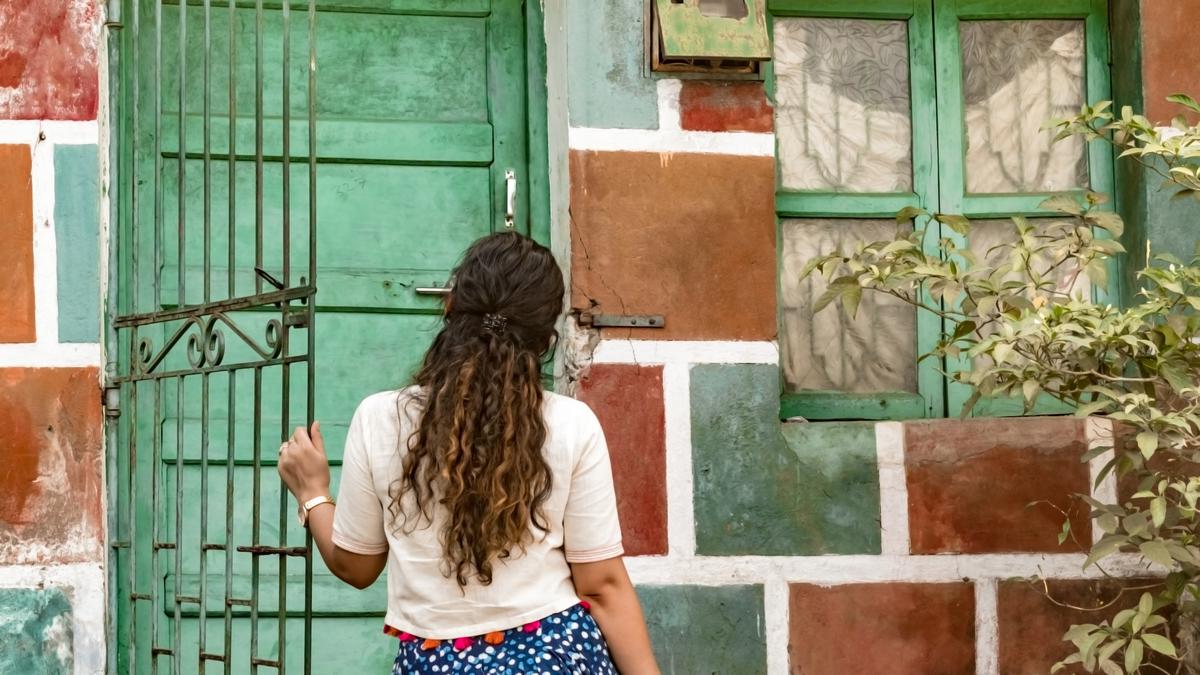
India | The homestay advantage
The Hindu
Increasing disposable incomes, growing appetite for travel, and government incentives are aiding the rise of homestays in India
There’s a popular saying in India, Athithi Devo Bhava, which means the guest is god. Backed by the adage and the significant growth of the travel industry in the country, homestays have become a viable option today for both travellers and home owners alike. For the guest, it’s a home away from home — tucked away in green hideaways, by the beach or backwaters, or high up in the hills. For the property owner, it’s a lucrative income source.
India’s travel market is projected to grow substantially in the post-COVID world because of a combination of rising disposable incomes, focused government measures to boost the travel industry, and the growing appetite for travel. According to the World Travel & Tourism Council, the sector’s contribution to the economy will surpass pre-pandemic levels in 2024, with a year-on-year growth of 20.7%. By the end of 2023, it would be worth ₹16.5 trillion. In response, the Indian hospitality industry is diversifying its offerings, and homestays — which occupy only a small section of the market today — are predicted to grow in stature and play a significant role in the future.
Though still nascent, homestays are a growing phenomenon across the globe. India numbers among the most promising countries for this segment, and for good reason. Unlike formal hotels, they can provide an experience of true Indian hospitality. Guests are either accommodated in the family home or in separate quarters nearby and are often provided with a level of hospitality that even the most reputed hotels cannot hope to match.
Organised hospitality establishments require a lot of space, which can be very expensive and sometimes even impossible to acquire in most of India’s popular tourist destinations. Alternately, hotel chains may not be interested in opening up shop in some of the emerging ‘unspoiled’ areas, precisely because unspoiled means non-saturated — and a formal hospitality offering does require a certain saturation of paying customers. Moreover, hotel rooms can cost a pretty penny and may not be attractive for less well-heeled tourists.
In such situations, homestays allow tourists a taste of the local ‘flavour’ at an affordable cost — which not only includes authentic, home-cooked local cuisine, but also the lifestyle of the locals. Often, property owners will regale guests with local folklore and social backgrounds, allowing for an intensely immersive experience that will yield lasting memories, not to mention return customers and favourable referrals — not only to friends and family, but also via online forums and listing feedback.
Homestays are also usually available in high-density tourist locations where hotels are booked up during peak season or local festivities and events. And finally, one must take into account the remote-working revolution. The explosion in digital nomadism and ‘workations’ mean that for many the homely feeling of a homestay is preferable to hotels.
An interesting branch of homestays in India is the eco-tourism concept, which takes it several steps further and opens the doors of India’s hinterlands and villages to domestic and global tourists. It gives them a ‘hands-on’ experience of rural India with all its quaint ‘limitations,’ including allowing guests to participate in pastoral activities such as sowing and harvesting the local crop. It is an unbeatable ‘back-to-nature’ twist to the homestay ethos that many foreign tourists find incredibly attractive.

More than 2.6 lakh village and ward volunteers in Andhra Pradesh, once celebrated as the government’s grassroots champions for their crucial role in implementing welfare schemes, are now in a dilemma after learning that their tenure has not been renewed after August 2023 even though they have been paid honoraria till June 2024. Disowned by both YSRCP, which was in power when they were appointed, and the current ruling TDP, which made a poll promise to double their pay, these former volunteers are ruing the day they signed up for the role which they don’t know if even still exists

















